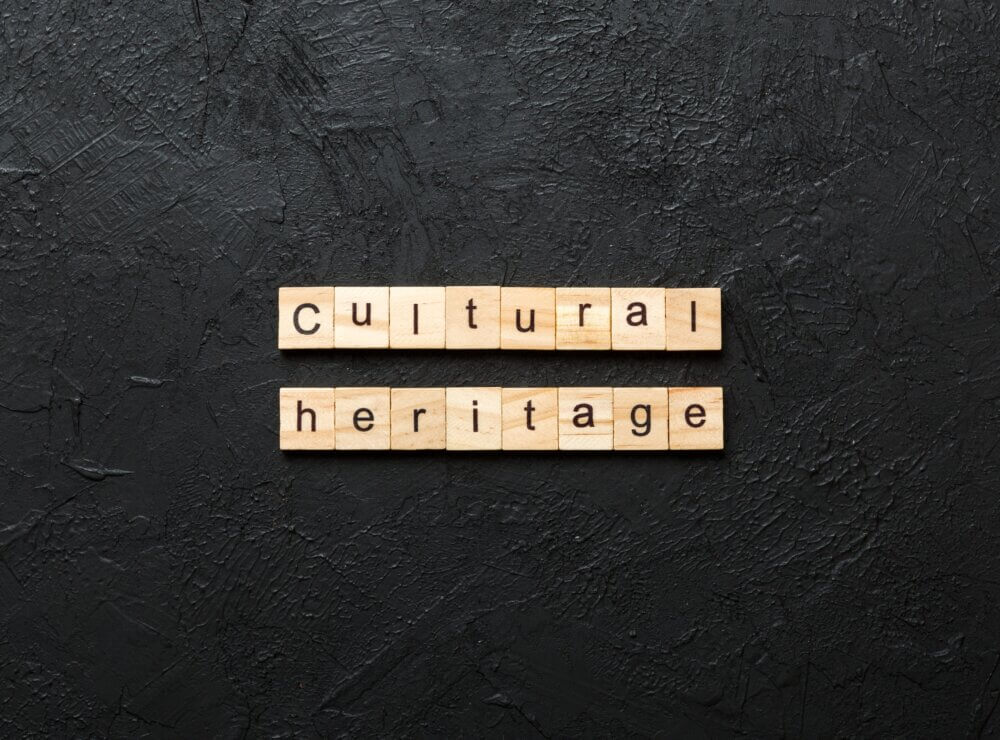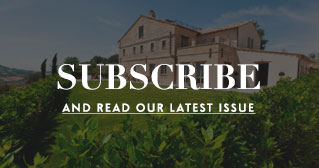
Revival of Ancestral Language Learning Gains Momentum in Australia
14.07.25A quiet yet powerful cultural revival is sweeping across Victoria, Australia, as more people embrace the study of their ancestral languages to reconnect with their heritage and family roots.
This growing trend—seen across communities with Greek, Maltese, Italian, and other migrant backgrounds—has gained momentum in the wake of the COVID-19 pandemic. The rise of accessible online language classes, combined with a renewed focus on identity and family during lockdowns, has inspired many Victorians to rediscover the languages of their forebears.
For second- and third-generation Australians, ancestral language learning has become more than just a hobby—it's a means of deepening their sense of self and preserving cultural traditions. “It’s about reclaiming something that was almost lost,” said one learner of Maltese descent. “Speaking the language my grandparents used brings me closer to them, even if they’re no longer here.”
Community organisations and language schools have reported a noticeable increase in enrolment for heritage language courses, particularly among adults who were previously disconnected from their cultural roots. Weekend schools, cultural centres, and even intergenerational family groups are now helping to bridge the linguistic gaps created by decades of assimilation.
While the UK has also seen a rise in heritage language interest, Victoria’s example highlights the enduring importance of language as a vessel for identity, belonging, and continuity—especially within multicultural societies.
As globalisation and migration continue to shape our communities, the Victorian experience offers an encouraging reminder: it’s never too late to reclaim your linguistic heritage.
Abode Affiliates
COPYRIGHT © Abode2 2012-2026













































































































































































































